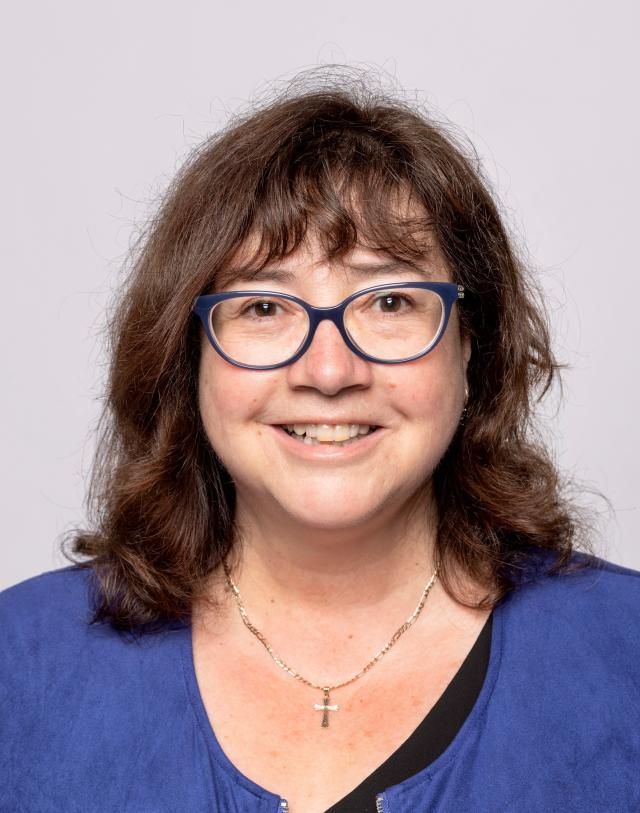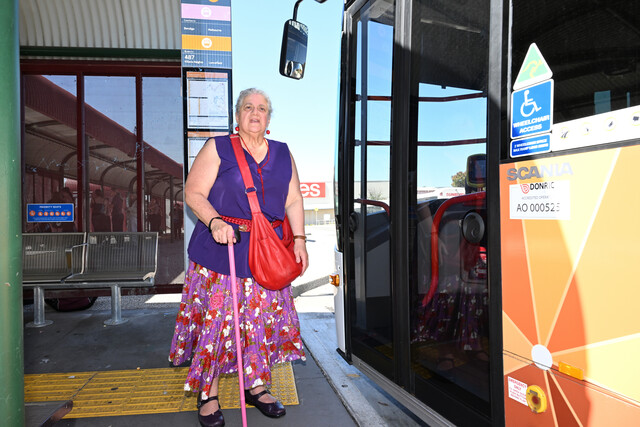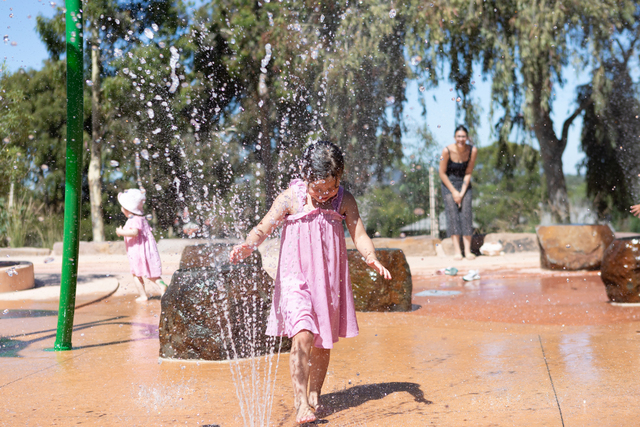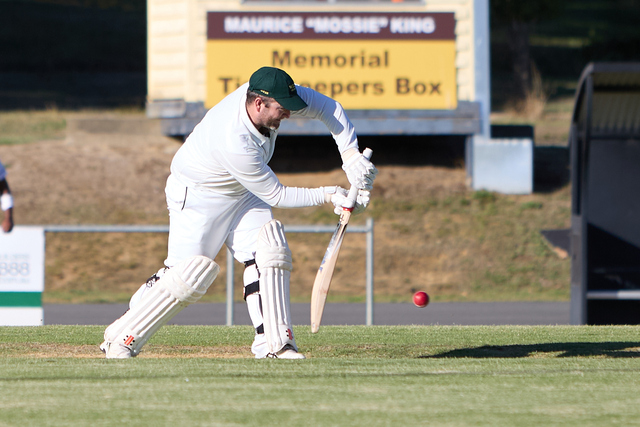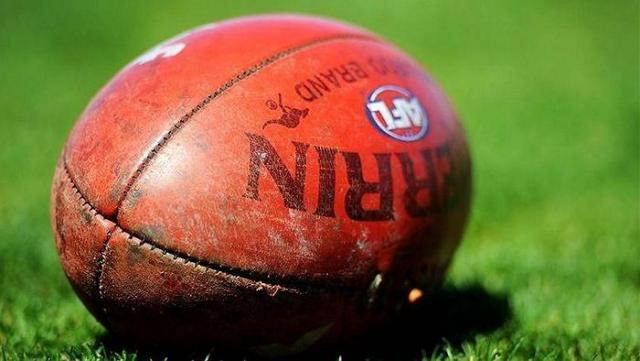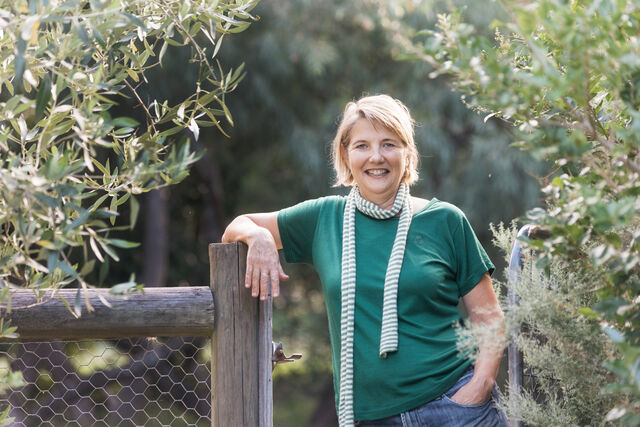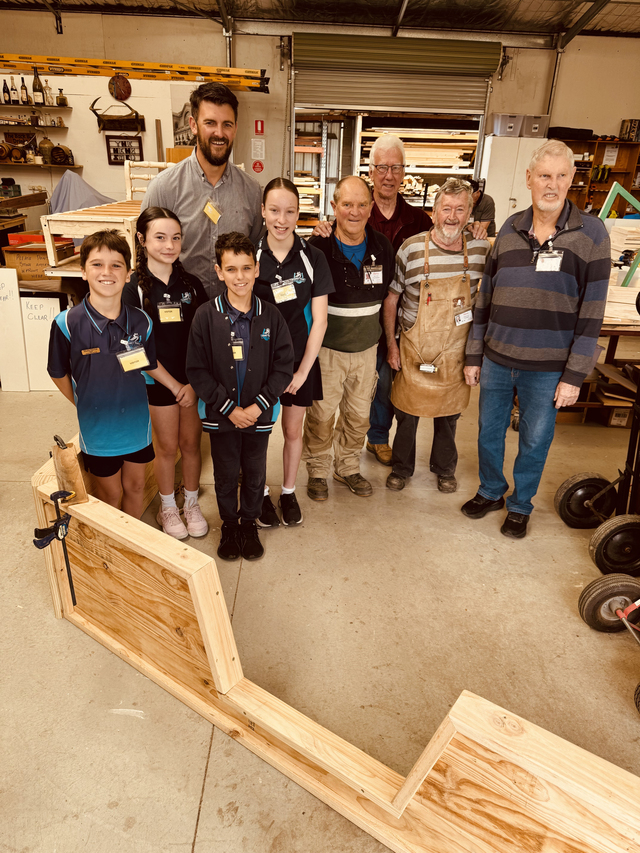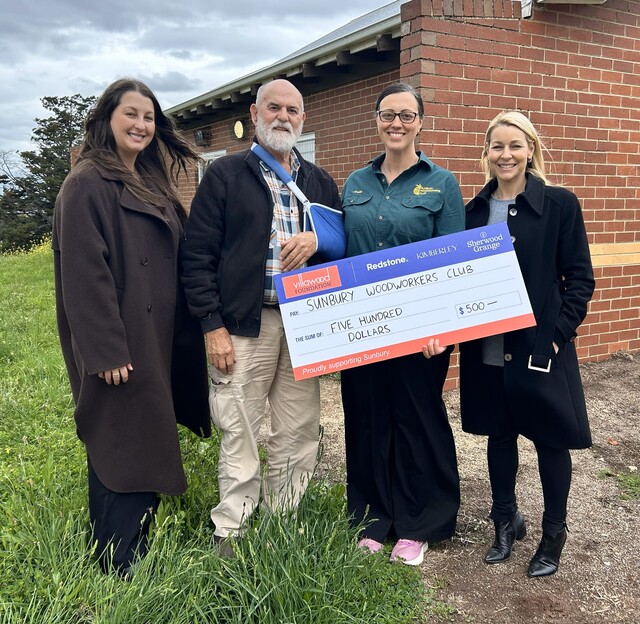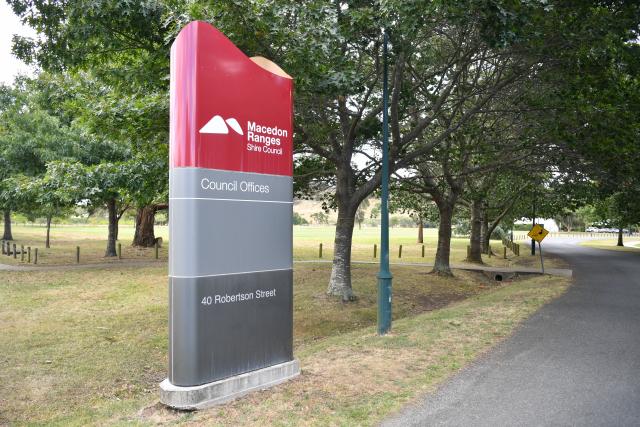When Ngaire Elwood was 15 years old, she was diagnosed with bone cancer.
Her journey following this diagnosis consisted of 18 months of chemotherapy, missed school, and an amputation.
This life-defining challenge proved to be a circular for Ngaire, leading her back to the children’s hospital.
Only this time around, she is an Associate Professor, Director of the BMDI Cord Blood Bank, and has spent much of her career working on improved therapies for cancer and leukaemia treatment.
“The chemotherapy made me very, very unwell, and it’s a pretty blunt tool for treating cancer,” Ngaire said. “Having said that, it obviously saved my life.
“I was really impressed by all the work that was going on with clinical trials and really throwing everything at trying to cure kids with cancer.
“From that time while I was still at school I really decided that that’s the area I wanted to work in long term.
“So everything I’ve done throughout my studies, in my career, has really been focused on improving therapies for people undergoing treatment for cancer.
“But I guess it’s even extended beyond that now when we’re looking at heart repair and brain repairs.
“We now have better personalised medicines, we’ve got a whole new way of treating cancer in addition to chemotherapy drugs.”
The Mount Macedon local has an impressive resume of experience, and has spent time living and working in London and North Carolina before returning to establish a leukaemia stem cell research group in the children’s cancer centre at the Children’s Hospital.
Now working with cord blood- the blood left in the placenta and umbilical cord after birth- Ngaire has personally overseen the release of more than 500 cord blood units.
“There’s up to 80 different types of diseases that cord blood can be used for… [and] we predominantly store cord blood to be used for bone marrow transplant for the treatment of leukaemia and other blood disorders,” Ngaire said.
“It’s helped hundreds of patients, not all of them have survived, but there’s been the hope there that a treatment has been offered for those patients and so that’s very personally satisfying.
“I also feel really proud of the role I’ve been able to play in defining what the international standards are for cord blood, banking and cord blood use.”
When asked to reflect on the moment she found out she would become a Member of the Order of Australia (AM), Ngaire was humble in her answer. She spoke about how the support from many can help lift people up to achieve great things.
“There’s been a lot of help in my career along the way.
“I missed a lot of schooling when I was having chemotherapy, but my teachers were just fantastic.
“In those days, I was at Sunshine High School, my teachers were just really great with helping me catch up.
“After I finished my chemotherapy and did my schooling, I was fortunate to obtain a government rehabilitation allowance which allowed me to go to university. Then I got a Rotary Foundation Graduate Scholarship to go to London to do my masters.
“All these programmes and all this support of early career people and women in STEM and so on, I feel very fortunate that I’ve been able to benefit from that.
“I feel very honoured that the accumulation of all the work that I’ve done and what you know what I’ve striven to do has been recognised and had impact.
“It would be remiss of me not to acknowledge the support of my family both my parents… [and] my husband.”

